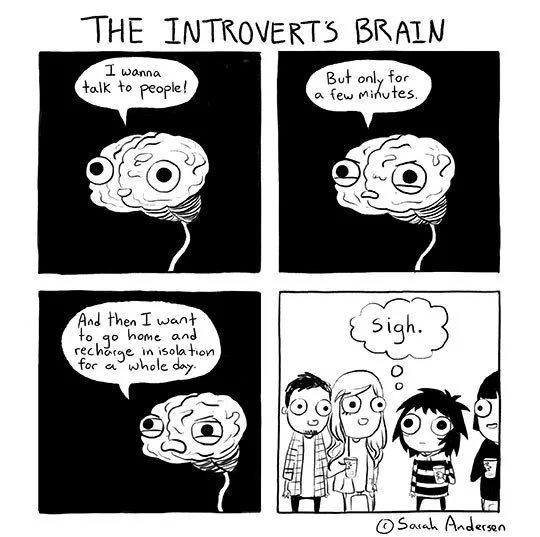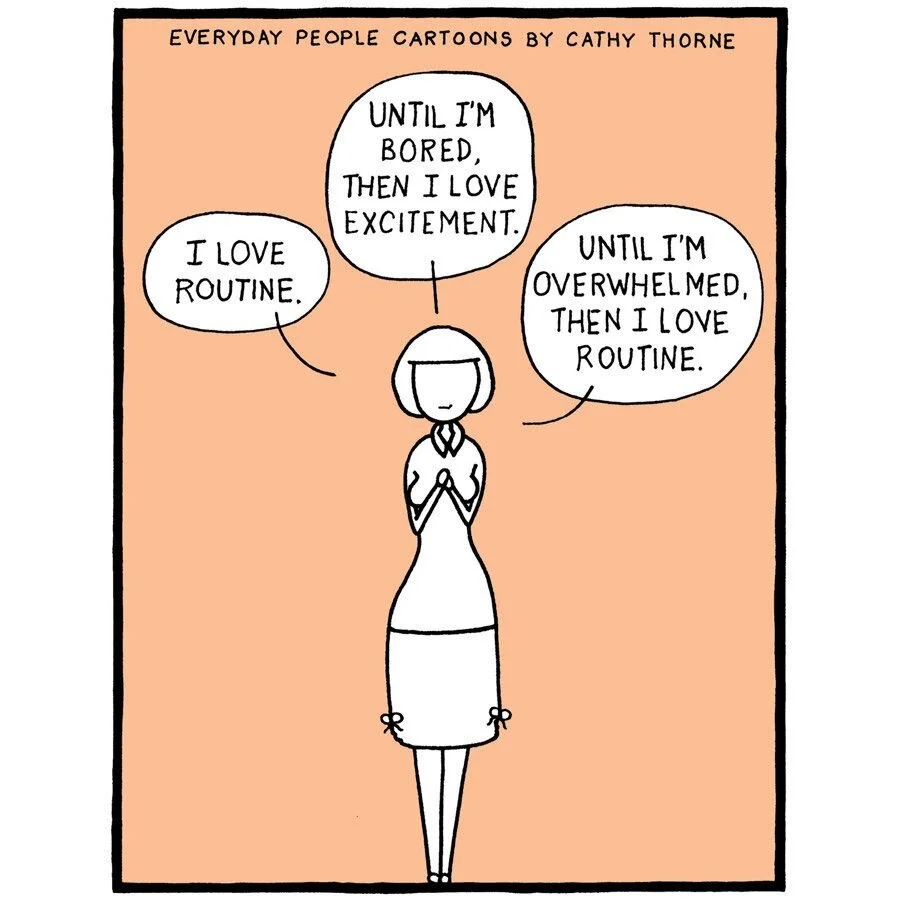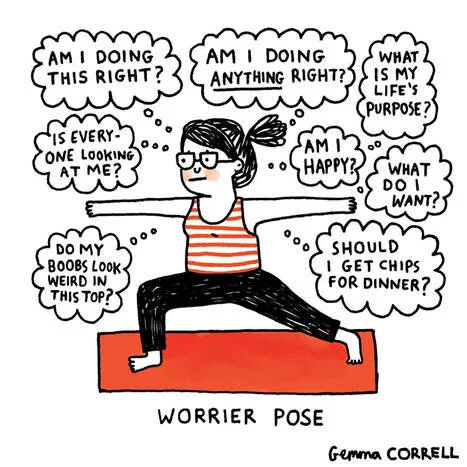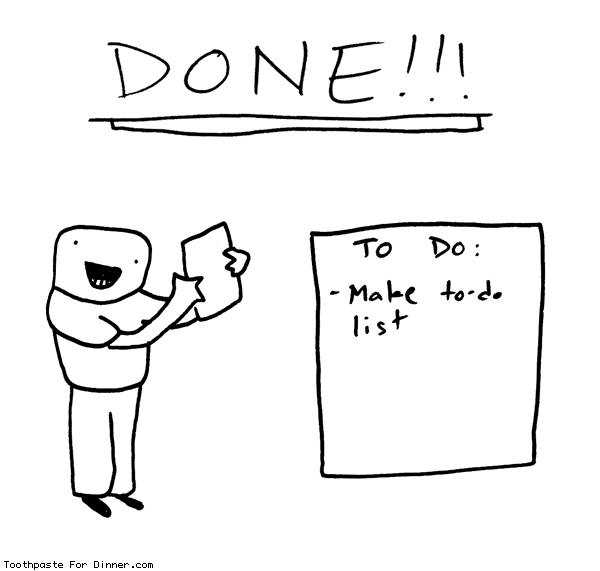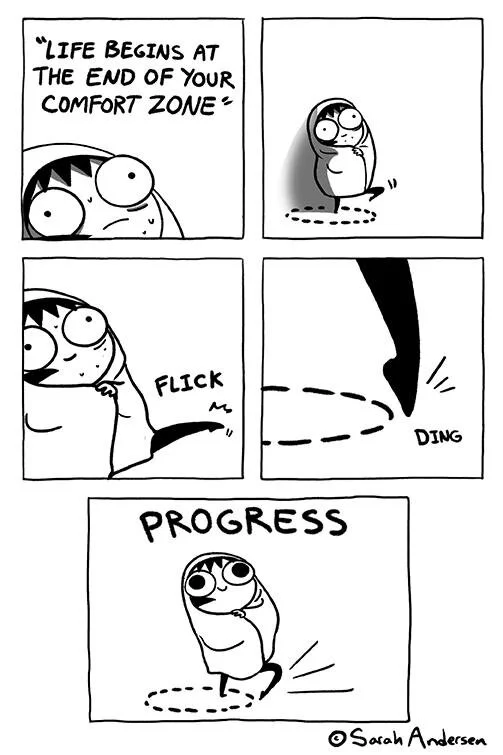King George 3’s favourite breakfast consisted of two pigeons, three beefsteaks, three parts of a bottle of white wine, a glass of dry champagne, two glasses of port and a glass of brandy.
Winston Churchill reportedly dined on whiskey and a cigar, followed by several hours laying in bed eating toast and poached eggs whilst dictating letters to his secretary (who surely must have detested this job), and then an 11am bath.
Gloria Steinhem, feminist writer and journalist, wakes in a more relatable way, ‘in a panic, because my life is organised by deadlines and events’.
Morning routines – the stuff of motivational blogs and serial entrepreneurs everywhere. Even the very phrase makes my eyeballs roll back so far into my head I’m in danger of tripping over them.
And yet, whether you are aware of it or not, we all have morning routines – little habits that have formed consciously or unconsciously around the way we start our day.
Some or all of these may have gone completely out of the window, or at least evolved, depending on where you are in the world reading this and what stage of lockdown you’re in.
Most of our readers are based in NZ, and if you’re one of them, then at the time of writing this you’re in either Level 3 or Level 4 lockdown, with no clear roadmap to normality. I’m in the UK, and have been living under some form of restriction since March 2020.
One of the biggest difficulties that I had in adjusting to life under lockdown in all of its various guises is that my normal routines totally went out of the window.
As quite a routine-driven person, this really took a toll on me, and the knock on my mental health was so unexpected and so severe that once I bounced back, I became quite curious about what it was that had thrown me so much.
A pretty close representation of me working from home during lockdown
In the hope that some of my personal experience of handling long-term lockdown might help someone else in the same boat, or newly entering the water, this blog focuses on exploring the value of routine – particularly morning routine – how to figure what works for you (and actually do it), and how to cope when life throws you a spanner and your routine needs to change.
I’m an introvert, and quite happy in my own company. In theory, the thought of having more time, more freedom, more flexibility, and none of the pitfalls of ‘office life‘ – in short, working from home – seemed magical.
In practise, it didn’t work for me at all. I couldn’t blame this entirely on other stressors (the trauma of being stuck in a global pandemic, for instance) because I have experienced similar feelings on other WFH occasions in the past, I’ve just never needed to work from home for so long that it became a problem.
A comic that pretty much sums up why working from home is difficult for me.
Artist credit: Sarah Andersen https://sarahcandersen.com
Pre-lockdown, I started my day with a coffee, a snack, an early morning gym session, cycle to work, super quick change to office-wear, more coffee and breakfast whilst chatting to my colleagues, checking my emails and catching up on headlines (more to procrastinate actual work than because of a deep interest in current affairs). I hadn’t really consciously thought about it, but this has more or less been my ‘morning routine’ for about 15 years. 20, if you swap work for university.
When lockdown hit and we were all, pretty much overnight, stuck at home working via Zoom I found it extremely difficult to get into any kind of rhythm and tried all kinds of different mini routines to see what might stick.
This ranged from waking early and going for a jog alongside my local park / canal, ‘home work outs,’ breathing exercises, journaling, to following the advice of a friend who suggested that I pretend I was actually going to work by getting all dressed up for work, walking out of my front door and down the street and then turning around and walking back in again as if I were arriving at my ‘office’.
Artist Credit - Goat to Self - https://www.goattoself.com
My employers did their level best to support and help me adjust, but, eventually I came to detest the lack of structure so much that I quit my career of 15 years entirely and found a new job in manufacturing, with a physical workplace and a very rigid shift pattern. I work with dough, so all of my tasks are strictly timed. My mind is free to roam, but my actual work is prescribed down to the minute.
When the Effect Director and registered Psychologist Bridget Jelley asked me what my morning routine looks like now, initially I was thrown. ‘Morning routine? Do I look like The Rock to you?’ (spoiler alert – I don’t).
The Rock - in case you’ve been living under one and don’t know - is a super buff movie star aka Dwayne Johnson, who wakes at 3.30am to fit maintaining his physique round his family time and work schedule. He is purportedly one of the few people in the world who can function well on a limited amount of sleep. I am not one of those people.
Nonetheless, two days per week my alarm is set for 4am (on Tuesdays I have a lay in, and wake at 5am), and shortly thereafter I am arm deep in donut-making machinery.
Do I have a ‘morning routine’ I told Bridget?
Hell no. I am jolted out of a deeply restful slumber either by the buzz of my wrist alarm, or my cat pawing my face to remind me he wants breakfast. I sit up in a shock, realise that I am, in fact, alive, and wonder for a few seconds whether I could actually just this once roll over and pretend the building I work in has burned down overnight, then I get up pretty rapidly to avoid any possibility I might fall straight back to sleep again.
Artist credit - The Awkard Yeti
I stumble to the kettle, the bathroom, eat the breakfast that I prepared the night before, drag on my work uniform and head for the door. This process takes about 30 minutes because I move with the speed of a traffic jam on Auckland’s Southern motorway first thing, but one of my bosses is up and out the door within quarter of an hour.
The other two days, I work from home writing about mental health, and to my immense disappointment I’ve found that I fare best when I follow almost the same routine. Waking around 5 – 5.30am, coffee, ten minutes or so of internet scrolling, and straight into work. If I don’t start my day this way, then the result is a bit of a lottery but almost always means lower productivity and a higher chance of feeling depressed.
Artist credit - Max Kevin Comedy - Instagram
I’ve never considered myself to be a morning person (quite the opposite – I love to sleep), but my conscious brain with all of its self-criticism doesn’t tend to start firing until 7am at the earliest so I have a good two blissful hours of creative time where I can write unfettered by the paralysis of ‘writer’s block’ or any similar affliction. Once this time has passed, I do my more routine work tasks (emails, social media posts, editing work), and then the rest of the day is my own.
Artist Credit: Calvin and Hobbes
Why does it matter?
‘Humans are creatures of habit,’ goes the saying, and as much as we might romanticise the notion of spontaneity, it appears that following routines has a number of psychological benefits, from alleviating anxiety by reducing the unknown, to reducing stress by cutting-down on decision-making. Routine reduces insomnia, and can help us to develop other healthy habits such as exercising and mindful nutrition, and can even help us to improve our relationships.
Artist Credit - Cathy Thorne - Everyday People Cartoons https://everydaypeoplecartoons.com
Why do Morning Routines matter in particular?
Morning routines help us to ‘set the tone’ for the day. We’ve all experienced that ‘getting up on the wrong side of the bed’ feeling, when we start the day out of sorts and things seem to spiral downhill from there. Starting the day with healthy habits helps us to start the day with a small feeling of achievement which leads us to feel more positive later on, and therefore also more resilient to stress.
What constitutes a helpful morning routine?
Rolling back to that conversation with Bridget - ‘what is your morning routine?’ it turns out that I DO have more of a morning routine than I realised, even on the mornings where I feel as though I simply roll out of bed and go.
Delving more deeply into the minutiae of my early starts, I told her that my partner also wakes early – around 4.40am, to leave the house at 5.10am for a 6am start. Whoever wakes first, makes the coffee (or tea), and leaves a cup on the headboard for the other. Even on the days that I do lay in, and the coffee is stone cold by the time I get to it, I have a good feeling about finding my favourite beverage prepared for me when I wake up.
‘ah,’ she said, ‘so you start your day with an act of kindness.’
I also, although I hate to admit it because it’s the one thing everyone tells us NOT to do, reach for my phone and straight away check for updates. Not work related (at least, not anymore), but rather from friends and family in New Zealand. When I wake up, I quite often have messages that have arrived overnight from my mum, sister, and good friends in NZ, so I spend a good ten minutes or so reading updates on FB, WhatsApp and I put my headphones on and listen to voice memos while I wait for the kettle to boil (these are my favourite).
As it turns out, l start my day in a pretty similar way to many of the famous people that I love to roll my eyes at – with kindness and connection.
Artist credit Andrés Colmenares, creator of When Sharks Attack with Kindness
I no longer feel bad about reaching for my phone first thing. It’s how I connect to the world and the people closest to me because of the physical distance between us, and that’s ok. I limit my exposure to the kind of news updates that I find stressful, and I don’t check work emails until I reach my scheduled ‘email time.’
Social connection is super important - get it wherever you (safely and appropriately) can.
Artist credit: James Chapman, @chapmangamo
Other morning routine ideas
Whilst researching this blog, I read as many morning routines as I could get my hands on, from celebrities, politicians, influencers, Navy Seals, historical figures, to colleagues, work connections, relatives and friends. These included writers, business owners, workers in various sectors including home-based and essential workers, athletes, two circus performers, single parents, working parents, full-time parents, people managing chronic illness, retirees, people who identified as having depression or other mental illness and those who described themselves as ‘well’. Ages ranged from mid-twenties to 65+.
I am grateful to everyone who responded to me – thank you. For confidentiality purposes I am not referencing names or any specific routine in its entirety.
This does not constitute psychological research – more of a very informal survey of my personal connections and my own perception of the commonalities. Here’s what I found.
Ritual – nearly every person included making a hot drink (tea or coffee) as one of the first things they do in the morning. A part of this might be the caffeine and its stimulating effects, but I reckon a good amount of it is the ritual. Making and consuming a hot drink involves all of the senses – sound, sight, taste, smell, and it is one of the few things that we tend to do in exactly the same way every time, right down to the timing and having a favourite mug to drink from.
Artist credit - The Awkward Yeti
Movement - Most of us probably think of exercise when we hear the phrase ‘morning routine.’ There’s something wholesome and energetic (or puritanical and masochistic, you might say), about the thought of a person immediately going for a jog or hitting the gym on waking. Yet, relatively few of the people who responded to me mentioned a serious exercise schedule, and those who did work out in the morning chose that time out of necessity due to having commitments the rest of the day and evening. However, almost every single person mentioned walking or stretching, and where it was possible, there was a preference to do this outside.
Artist Credit - Gemma Correll - https://www.gemmacorrell.com
Setting intentions for the day, or a ‘to-do’ list – Most people mentioned this, and curiously, rather than finding a list of ‘chores’ stressful, did it in order to get the reward of ticking them off. A couple of people mentioned that they found listing their planned tasks for the day empowering.
Artist credit - Drew Fairweather aka Toothpaste for Dinner - http://www.toothpastefordinner.com
Scheduling tasks that have to get done, even if they’re unpleasant – It seems there’s a kind of freedom to be found in scheduling in the things we don’t want to do. For example, eating breakfast straight away regardless of appetite, in order to take food with medication. Planning out self-care strategies such as a daily meal routine in order to avoid the pitfalls that might come with making less helpful decisions without a plan. People reported feeling a sense of achievement from planning to do things, in particular, the things they tended to avoid.
This comes with a caveat – The planned tasks need to be achievable. There’s precious little reward to be found in endless to-do lists that never get done. It’s ticking off the task that feels good.
Artist credit - Sarah Andersen
Time for yourself – I never, ever find it easy to get out of bed in the morning. Bed is comfy and cosy and wonderful. There isn’t a morning that goes by that I don’t think to myself ‘hmm, just five more minutes...’ when the alarm goes off. Yet, once I’m up, I enjoy feeling as though I’m awake before the rest of the world. Whether I’m reading, walking, working, working-out or just sitting on the couch with a coffee thinking, there’s something quiet and restful about this time. It’s not quite meditation, but something close to it, and most people mentioned enjoying a feeling of space, peace, reflection and time that was their own – free from other responsibilities – when they managed to execute their morning plan with intention.
Artist credit - Rick Kirkman and Jerry Scott, Baby Blues
Comfort in the familiar – Our daily routines are part of the construct that tells us who we are. We get our identities, in part, from the regular things that we do. If we go to the gym, we are a gym-goer. If we work in an office, we are an office-worker. If we drive a truck for a living, we are a truck driver. You get the point.
When all of our routines change at the same time (and the routines of everyone and everything we are familiar with, from our colleagues to our favourite coffee shops), it can feel pretty uncomfortable. If we are no longer all the things that we do, because we can’t do those things at the moment, then who are we?
One way to reduce this is to introduce routine to the parts of our life that we do have control over. Listen to your favourite song while you brush your teeth. Make a plan to write in a journal for five minutes at the same time every day, or doodle in a sketch book. Walk to the end of the driveway and back as soon as you get up. It doesn’t need to be groundbreaking, or difficult – in fact, it shouldn’t be.
Image credit - Tillie Walden. https://www.tilliewalden.com
Routines get a bad rep – we are often exhorted to try something new, to step out of our comfort zone, worry that we are stuck in a rut or that a change is as good as a holiday. But each of these phrases is predicated around ‘a’ change. A baby step, not a daily earthquake- like shake up.
Artist credit - Sarah Andersen
At the moment, we are living in a maelstrom of change. Every news conference is like a life surprise smoothie with a pinch of satire thrown in for good measure. What will we be served up next week? Who knows. In the face of all that – hang on to your routines. Eat the same portion of Weetabix you have every day, take pleasure that first mouthful of your morning brew, feel the sun on your face when you head out for a stroll. WhatsApp your whanau and your mates if you can’t see them. Cook your favourite foods for dinner. Watch old films that you love.
Artist credit - Mr Lovenstein https://www.mrlovenstein.com
There’s beauty in routine, and it might just be the thing that helps to keep us sane through all of this.
What is your morning routine? I would love to hear about it - email me on ngaire@theeffect.co.nz, comment below, or drop me a line on LinkedIn https://www.linkedin.com/in/ngairewallace/




